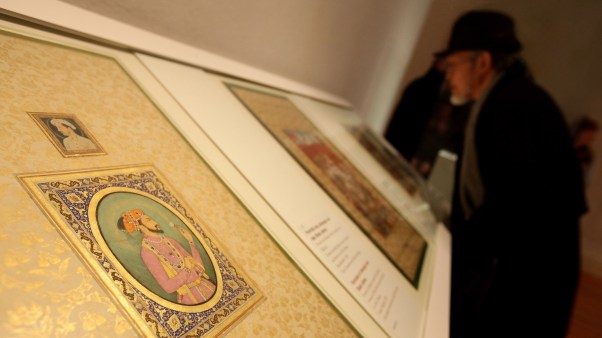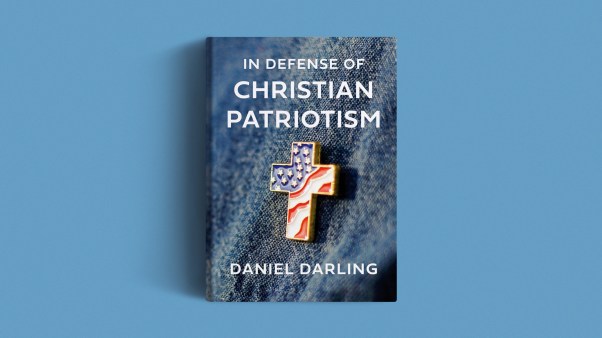Tolkien was for thirty-five years (1925-59) a professor of English. But that phrase did not mean then what it means now. In the first place the title “Professor” meant the holder of a Chair, a distinction achieved by few faculty members. More important, as Professor of English Language, Tolkien specialized neither in literary criticism nor in modern linguistics, but rather in comparative philology. This was the study of languages, especially ancient languages, and of the literatures written in those languages. Tolkien believed strongly that to study language without literature was ultimately sterile, to study literature without language was just amateurish.
Romancing the words
Tolkien’s major professional works demonstrate this belief. He edited the fourteenth-century romance (fictional adventure) Sir Gawain and the Green Knight with his Leeds colleague E. V. Gordon in 1925. In its glossary, the editors not only gave the meaning of every word, but also the origin of each one, in Old English, Old French, or (frequently) Old Norse. The mixed nature of the medieval poet’s dialect made a point about literary history. It also showed that folk-belief in such fabled creatures as “woses” or “ettins” had coexisted with a high level of culture and a deep Christian piety.
A few years later, in 1929, Tolkien published a detailed study of some features of the grammar of two thirteenth-century works, a rule for female anchorites (solitary monastics) called the Ancrene Wisse and a treatise on Hali Meithhad, or “Holy Virginity.” He proved that the grammar of each was regular in such detail that it must have been formally taught. This showed, in turn, that in at least one far-Western shire English had continued to be used as a literary language even during centuries of French domination.
Monsters and morality
Tolkien’s most influential professional piece was, however, his 1936 lecture to the British Academy on “Beowulf: the Monsters and the Critics.” This argued, in brief, that the Old English poem was not a flawed historical epic, as had been generally believed by “the critics,” but a successful work of fantasy. The poet had written about monsters not out of incompetence, but because this expressed something about the nature of humanity that could be expressed in no other way.
The parallel between Beowulf and The Lord of the Rings is evident, and made more so by similarly uncomprehending reactions of “the critics.” But philology animates Tolkien’s fiction on every level.
To give only one example, the Oxford English Dictionary, for which Tolkien worked as a young man, provides two contradictory meanings for the word “wraith,” while reporting its origin as “obscure.” Tolkien solved the contradiction through his own image of the living-dead Ringwraiths, and clearly saw the origin of the word in the verb “to writhe,” from which “wraith” develops by regular vowel-progressions. “Wraiths” are creatures, then, who have been “writhen,” or “bent,” out of their natural and original shape—for as Elrond says, “nothing is evil in the beginning.”
For Tolkien, philology provided not only the Shire and the ents and orcs and woses of ancient stories, but also a moral and philosophical framework of conviction.
Copyright © 2003 by the author or Christianity Today/Christian History magazine. Click here for reprint information on Christian History.










